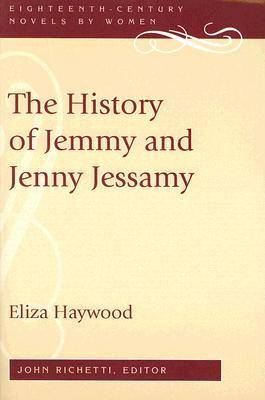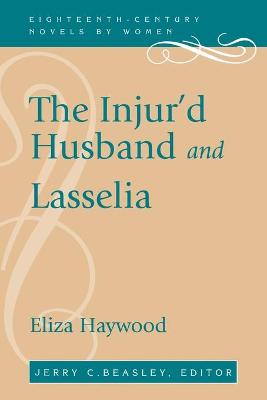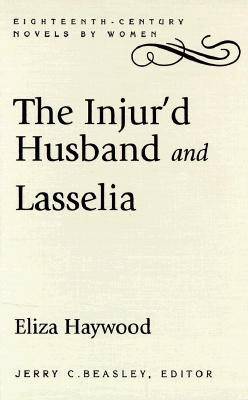Eighteenth-Century Novels by Women
3 total works
The author of over eighty novels, plays, and volumes of poetry, Eliza Haywood is one of the most prolific and high-profile female authors of the eighteenth century. Her last novel, The History of Jemmy and Jenny Jessamy, is original for its unsentimental realism in its depiction of marriage and courtship among the leisure classes of the mid-eighteenth century. In his new introduction, editor John Richetti examines how Haywood's amusing and engaging prose explores the subtleties of eighteenth-century courtship. Out of print since the early nineteenth century, The History of Jemmy and Jenny Jessamy is now available in an edited and fully annotated modern edition.
Eliza Haywood (1693?-1756) was one of the first women in England to earn a living writing fiction. Her early tales of amorous intrigue, sometimes based on real people, were exceedingly popular though controversial. Haywood, along with her contemporary Daniel Defoe, did more than any other writer to create a market for fiction in the period just prior to the emergence of Samuel Richardson, Henry Fielding, and Tobias Smollett, the dominant novelists of the mid-eighteenth century.
The scheming, sexually predatory anti-heroine of The Injur'd Husband is a memorable villain who defies all expectations of a woman's conduct in marriage. The heroine of Lasselia is initially a model of virtue who bravely resists the advances of a king, only to be driven by her passion and desire into an illicit affair with a married man and ultimately into ruin. These two provocative narratives strikingly represent Haywood's extraordinary contribution to the development of the novel.
The scheming, sexually predatory anti-heroine of The Injur'd Husband is a memorable villain who defies all expectations of a woman's conduct in marriage. The heroine of Lasselia is initially a model of virtue who bravely resists the advances of a king, only to be driven by her passion and desire into an illicit affair with a married man and ultimately into ruin. These two provocative narratives strikingly represent Haywood's extraordinary contribution to the development of the novel.
Eliza Haywood (1693-1756), was one of the first women in England to earn a living writing fiction. Her early tales of amorous intrigue were popular and controversial. Originally published in 1723, these two narratives represent Haywood's contribution to the development of the novel as a genre.


